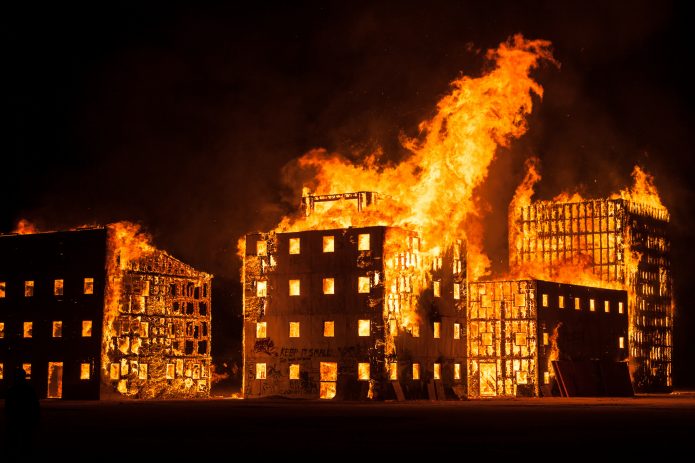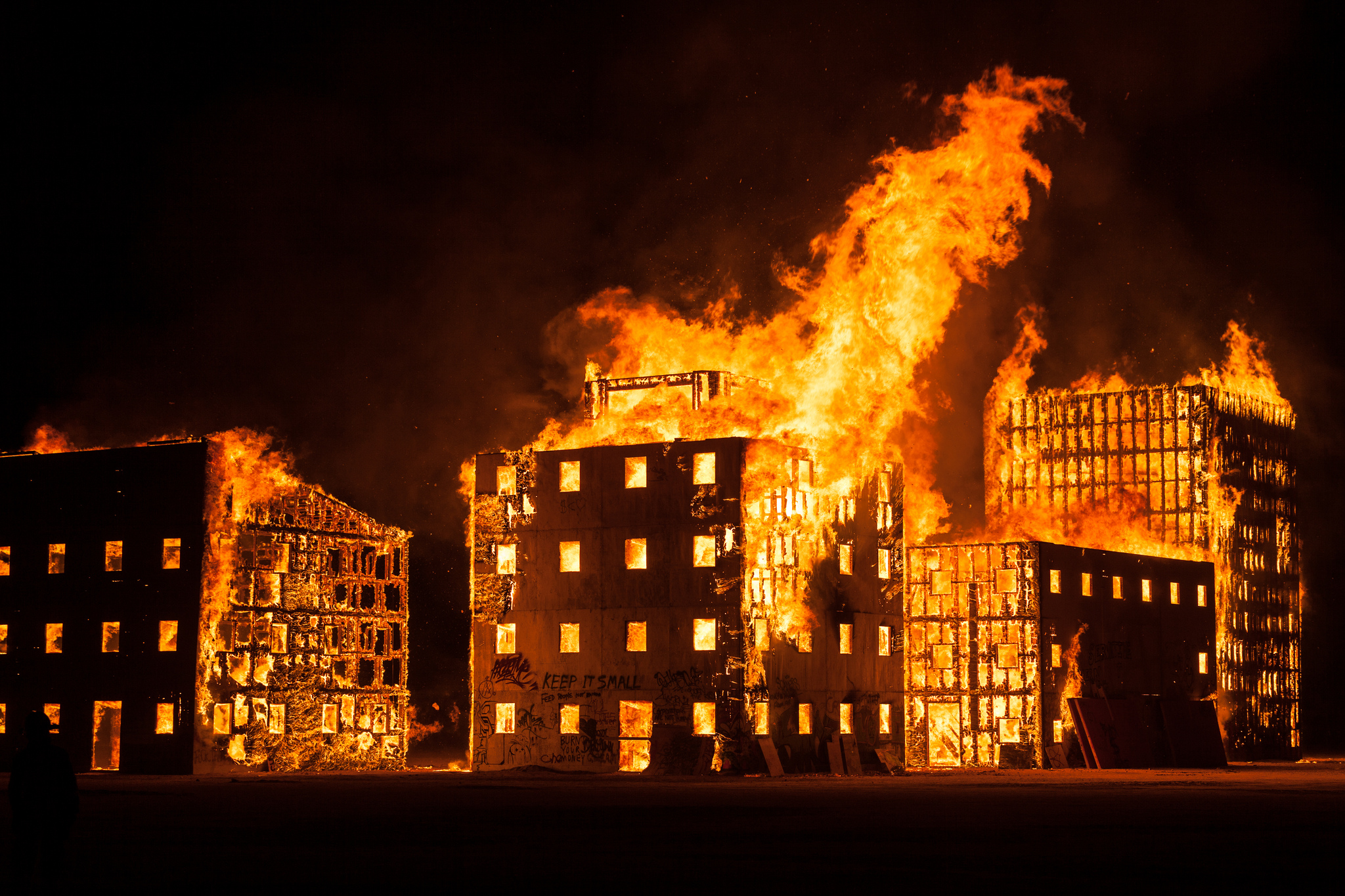
(Photo: Flickr / Duncan Rawlinson)
About 54 cents of every discretionary dollar in the federal budget goes to the military. And that’s been true for a very long time.
Despite his claimed opposition to current wars, President-elect Donald Trump has promised to end limits on Pentagon spending, increase the size of the U.S. military, and even to expand the US nuclear arsenal. Military budgets will likely go up over the next four years, not down.
Now more than ever, it is important for us to remember what past wars have cost — all the costs. George W. Bush’s Iraq War continues today, though U.S. military involvement is different and it’s morphed into the “global war on terror.”
And the costs continue to rise.
So it was appropriate, indeed necessary, that the Iraq war — its lies and its costs — was the subject of an important tribunal coordinated by the antiwar activist group Code Pink in Washington, DC, in early December.
It’s easier these days to talk about the lies. That part of the war’s origins has become part of the acceptable discourse of mainstream U.S. politics, culture, and history. At the People’s Tribunal on the Iraq War, scores of Iraqi and American witnesses — academics and analysts, U.S. veterans and Iraqi health workers, journalists, diplomats, peace activists, and more — described the sordid chronicle of lies that set the political stage for the 2003 invasion and occupation of Iraq.
Among the witnesses was the heroic Barbara Lee of California, the sole member of Congress to vote against Bush’s Authorization for the Use of Military Force two days after the 9/11 attacks, an authority quickly extended beyond Afghanistan to justify the illegal war in Iraq.
Other witnesses included retired colonel Ann Wright, a former ambassador who was the first foreign service officer to resign her position in protest of the invasion of Iraq. Inder Comar, the plaintiffs’ attorney in Saleh v. Bush, a class-action lawsuit against Bush and other top administration officials, testified about the illegality of the Iraq War, how it constituted a war of aggression.
The roster of witnesses, in person and by video, went on. From military historian Andrew Bacevich to antiwar activist and Iraqi businessman Andy Shallal, from Center for Constitutional Rights director Vince Warren to antiwar poet Sarah Browning, from Pentagon Papers whistle-blower Dan Ellsberg to Jeremy Corbyn, the longtime antiwar activist and leader of Britain’s Labor Party.
There was little that was new to most of those watching, yet the parade of four-minute testimonies provided a staggering reminder of the lies that had been asserted, reported, repeated, and left unchallenged except by a brave, initially small, but ultimately majority-reflecting antiwar movement. It was a reminder for history.
Read the rest at TheNation.com.
